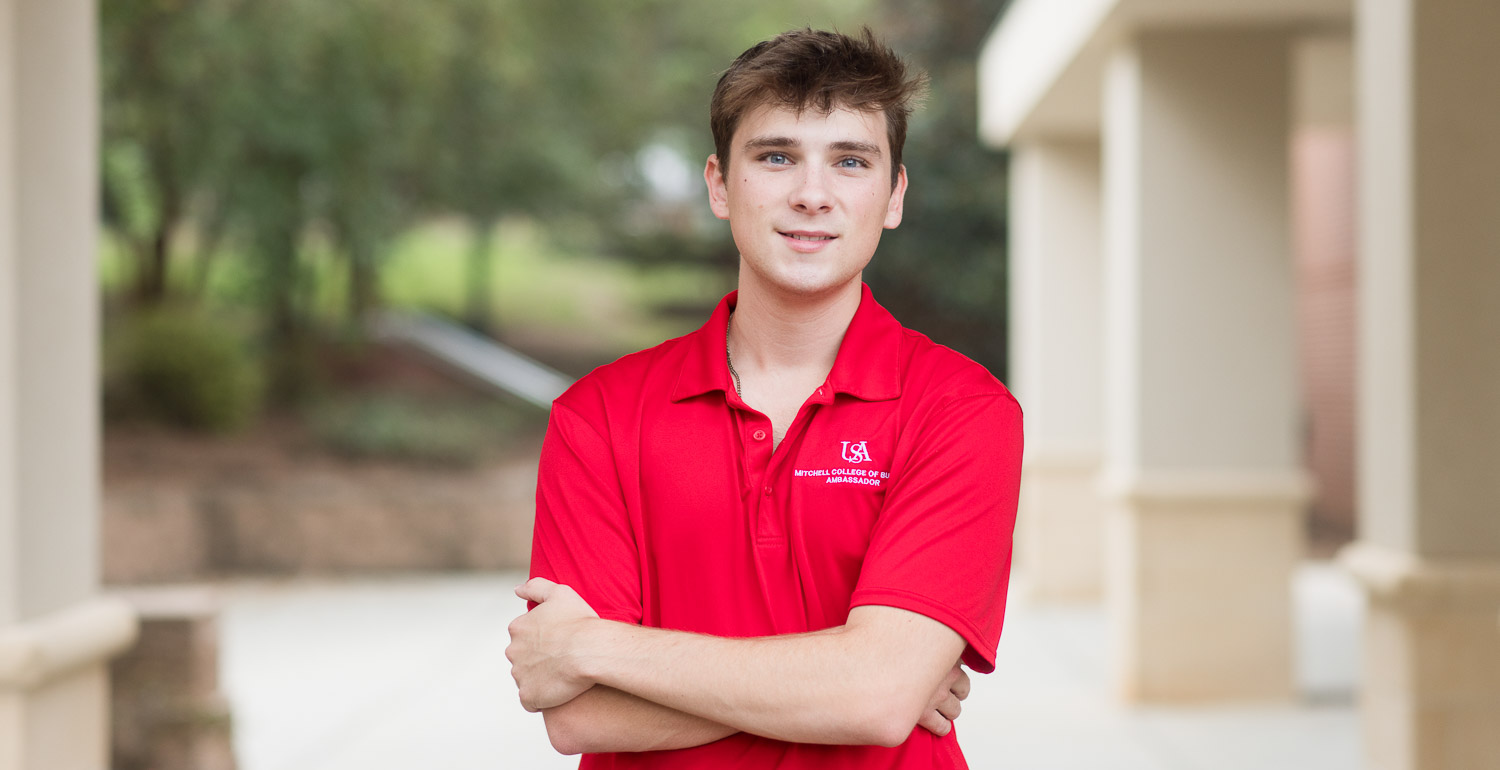South Joins COVID-19 Technology Access Agreement
Posted on April 13, 2020
The University of South Alabama is the first college in the state to join a national group of universities working to maximize access to technology in response to the novel coronavirus pandemic.
The “COVID-19 Technology Access Framework,” established April 7 by Stanford, Harvard and the Massachusetts Institute of Technology, offers guidelines for royalty-free licensing of intellectual property rights during the pandemic. The idea is to reduce costs and encourage innovation.
Lynne Chronister, vice president for research and economic development at South, said a public health crisis is not the time for universities to worry about money or credit for their contributions. Collaboration is more important than competition.
“This means that universities are doing the right thing,” Chronister said. “Rather than getting hung up or wasting a lot of time, the important thing is finding treatments, diagnostics and tests, and pushing them out to people as soon as possible.”
Dr. Andrew Byrd, director for the USA Office of Commercialization and Industry Collaboration, said there are about a dozen projects or clinical trials related to COVID-19 in the pipeline at South. This includes work with the Centers for Disease Control and Prevention to analyze COVID-19 testing and evaluate drugs for antiviral activity.
The COVID-19 Technology Access Framework argues that intellectual property rights should not become a barrier to addressing widespread, urgent and essential health-related research. It requires universities to agree to the following guidelines:
1. We are committed to implementing COVID-19 patenting and licensing strategies that are consistent with our goal of facilitating rapid global access. For most types of technologies, this includes the use of rapidly executable non-exclusive royalty-free licenses to intellectual property rights that we have the right to license, for the purpose of making and distributing products to prevent, diagnose and treat COVID-19 infection during the pandemic and for a short period thereafter. In return for these royalty-free licenses, we are asking the licensees for a commitment to distribute the resulting products as widely as possible and at a low cost that allows broad accessibility during the term of the license.
2. We are committed to making vigorous efforts to achieve alignment among all stakeholders in our intellectual property, including research sponsors, to facilitate broad and rapid access to technologies that have been requested to address the COVID-19 pandemic.
3. We are committed to making any technology transfer transactions related to addressing the COVID-19 pandemic our first priority, and to minimizing any associated administrative burdens.



